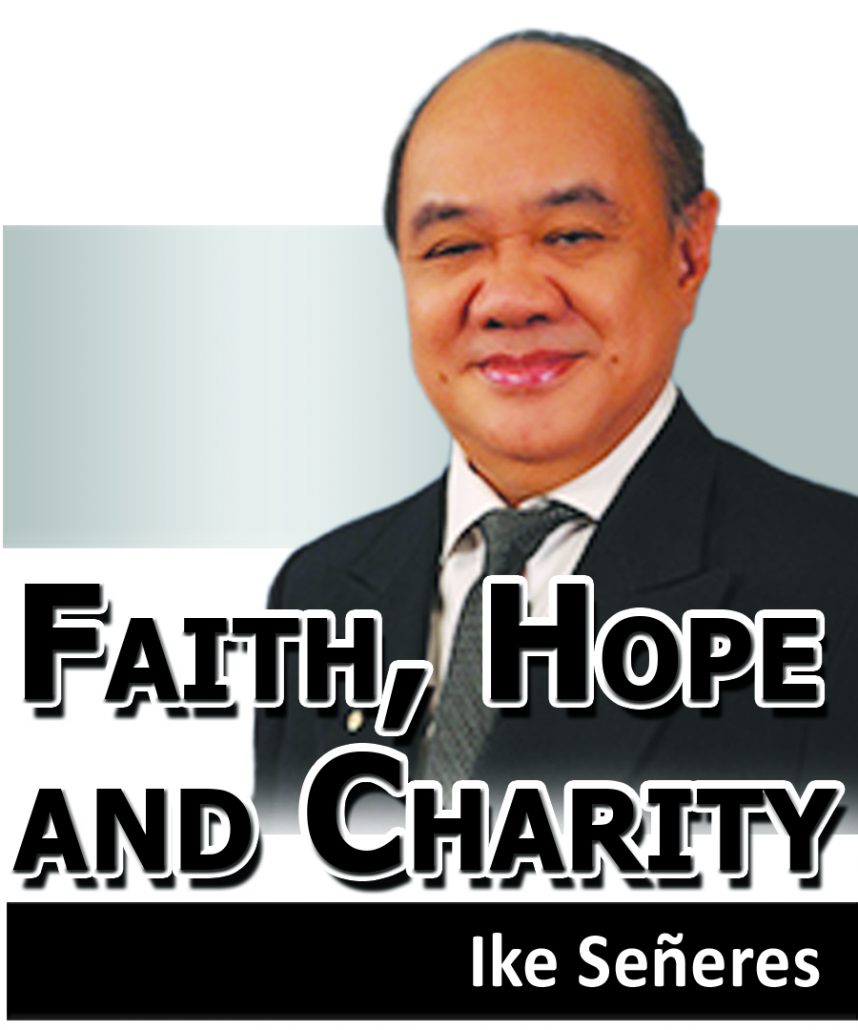 FORMER Information and Communications Technology Office (ICTO) undersecretary Louie Casambre once told me that generally speaking, internet speed in the Philippines is not really slow because the fact is, fast internet is available here except that it is very expensive.
FORMER Information and Communications Technology Office (ICTO) undersecretary Louie Casambre once told me that generally speaking, internet speed in the Philippines is not really slow because the fact is, fast internet is available here except that it is very expensive.
ICTO is the forerunner of the present day Department of Information and Communications Technology (DICT). Prior to that, the National Computer Center (NCC) was the forerunner of ICTO.
In several public occasions however, Acting DICT secretary Elisio Rio has acknowledged NCC as a forerunner of DICT and has also acknowledged me as one of his predecessors, being a former Director General of NCC.
Given his technical background, I have no doubt that Undersecretary Casambre is correct in his assessment. That being the case, we could already say that the remaining challenge now is how to make faster internet cheaper here.
While Secretary Rio will eventually be credited with the achievement of laying the groundwork for faster and cheaper internet in this country, it should not be forgotten that the political will to make it happen came from no other than President Rodrigo Roa Duterte, who was the first one to bring it into our consciousness that this goal is doable.
Lest it be forgotten, everyone should remember that it was President Duterte who dared the two major telcos to make their services faster and cheaper, otherwise he will bring in a third major telco player. The rest is now history because we are on the verge of having that third major telco player soon in the marketplace, thanks to the good work and perseverance of Rio.
Just when nobody thought it could be done, Duterte laid the groundwork for it to happen, and Rio opened the way to make it happen eventually.
In the midst of this wave of enthusiasm, it would be good to put things in the proper order. First of all, the term “third telco” is a misnomer, because there are many other telcos, meaning to say that there are many other telcos in the marketplace.
Secondly, becoming a “major player” is not a label that could simply be won in a public bidding. It is actually not merely a label, because it is defined by how much market share is gained by a new player.
As it stands now, the market shares belong to Globe and Smart, more or less split 50/50 between the two, for discussion purposes. Assuming that that is the case, the new entry should be able to gain about 20 percent of the market share in order to be considered “major”, and in which case the remaining 80 percent would again be split between the two top players.
Since the bidders for the third major telco player were compelled to commit on their promised internet speeds, they obviously had no choice but to do so, to make promises that is. From the technical standpoint, it is actually easier said than done.
Aside from that, there were no commitments to make internet cheaper, because that is understandably dependent on market forces.
As I see it however, speed and price are actually correlated, because faster speed could bring more customers and higher volumes could mean lower prices. Although it is not the right place for Rio to tell the prospective winner what to do to make internet faster and cheaper, he actually suggested a loud hint, and that bidder should read his lips if in the first place they know what they are doing.
In short, Rio told them to also use existing resources, and that sounds like my long term advocacy to build a patchwork out of existing connections.
Looking back, it is very clear that Duterte wants to also make mobile services faster and cheaper, and not just internet services. In other words, it has to be an improvement of both, and not just one or the other.
In reality however, mobile services now include data services, aside from call and text services. As it is actually happening now however, regular voice calls are now being replaced by Voice over the Internet (VOIP) calls, using data services. Similarly, text messages are now being replaced by live chats, again using data services.
In other words, better data services are actually part of the solutions to improve internet as a whole. The only problem now is how to make it faster and cheaper. Conversely, it could be said that faster and cheaper internet services could mean better VOIP calls and live chats.
Although the recent bidding was for the purpose of giving wireless frequencies, it is very clear that the solution would have to be a hybrid mix of both wireless and wired solutions. That could be a problem, because the perceived winner may not own enough wired connections.
The good news, however, is that Rio already set the tone by practically prodding the perceived winner to talk to the other owners of wired and wireless solutions.
The bad news, however, is that these owners may not be willing to talk to each other, as has been their behavior in the past and as of now.
For whatever it is worth, I am offering myself as a mediator or arbiter as the case may be, for the good of the people. As it is now, I am already Chairman of the People’s Telco Cooperative (PeopleTel), and we could be the facilitator of this diplomatic exercise. If those owners would not want to talk to each other, they could all talk to us. (iseneres@yahoo.com/PN)

